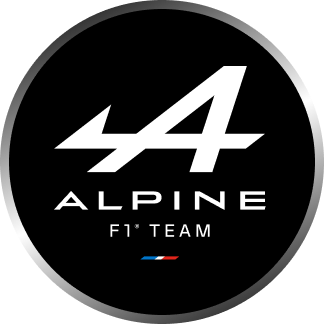Metaplex, with ticker MPLX, is a decentralized platform built on the Solana blockchain, designed to revolutionize the creation, sale, and management of digital assets. At its core, Metaplex leverages an open blockchain-based digital asset protocol known as Metaplex Aura. This protocol is integral to the platform's ability to support a diverse range of digital assets, including non-fungible tokens (NFTs), fungible tokens, real-world assets (RWAs), gaming assets, and decentralized physical infrastructure network (DePIN) assets.
The Solana blockchain, on which Metaplex operates, is renowned for its high throughput and low transaction costs. Solana achieves this through a unique consensus mechanism called Proof of History (PoH), which timestamps transactions to create a historical record that proves events have occurred in a specific sequence. This mechanism works in tandem with Proof of Stake (PoS) to secure the network, allowing it to process thousands of transactions per second. This combination of PoH and PoS ensures that the blockchain remains both fast and secure, making it an ideal foundation for Metaplex's operations.
Security is a paramount concern for any blockchain platform, and Metaplex is no exception. The Solana blockchain employs a robust set of cryptographic techniques to prevent attacks from bad actors. For instance, the use of PoH makes it extremely difficult for malicious entities to alter the transaction history, as doing so would require an immense amount of computational power. Additionally, the PoS mechanism incentivizes validators to act honestly, as they stand to lose their staked assets if they attempt to compromise the network's integrity.
Metaplex also offers a comprehensive suite of tools and standards for developers, creators, and businesses. These include a Software Development Kit (SDK) that simplifies the process of working with NFTs on the Solana blockchain. The SDK provides pre-built modules and templates, enabling developers to quickly deploy and manage digital assets without needing to delve into the complexities of blockchain coding. This ease of use has contributed to Metaplex's widespread adoption, with over 550 million assets minted across 55 million unique wallets.
The platform's versatility extends beyond just NFTs. Metaplex supports a wide array of digital assets, making it a go-to solution for various industries. For example, in the gaming sector, developers can use Metaplex to create and manage in-game assets that players can own, trade, and sell. This not only enhances the gaming experience but also introduces new revenue streams for developers. Similarly, businesses can tokenize real-world assets, such as real estate or art, allowing for fractional ownership and easier transfer of ownership.
Metaplex's decentralized nature ensures that control over digital assets remains in the hands of their creators and owners. This decentralization is achieved through smart contracts, which are self-executing contracts with the terms of the agreement directly written into code. These smart contracts automate various processes, such as the transfer of ownership and the distribution of royalties, reducing the need for intermediaries and increasing transparency.
The platform's commitment to decentralization and security is further evidenced by its community-driven governance model. Token holders can participate in decision-making processes, such as proposing and voting on protocol upgrades. This democratic approach ensures that the platform evolves in a way that aligns with the interests of its users.
Metaplex's integration with the Solana blockchain also means that it benefits from Solana's ecosystem of decentralized applications (dApps) and services. This interoperability allows Metaplex users to seamlessly interact with other Solana-based projects, creating a cohesive and interconnected blockchain environment.
 Most Visited
Most Visited Community Sentiment
Community Sentiment Chain Ranking
Chain Ranking Bitcoin Dominance
Bitcoin Dominance Market Cycle Indicators
Market Cycle Indicators Relative Strength Index (RSI)
Relative Strength Index (RSI) Bitcoin Treasuries
Bitcoin Treasuries BNB Treasuries
BNB Treasuries Overall NFT Stats
Overall NFT Stats Upcoming Sales
Upcoming Sales Signals
Signals Trending
Trending New
New Gainers
Gainers Meme Explorer
Meme Explorer Top Traders
Top Traders Feeds
Feeds Lives
Lives Articles
Articles Research
Research



































